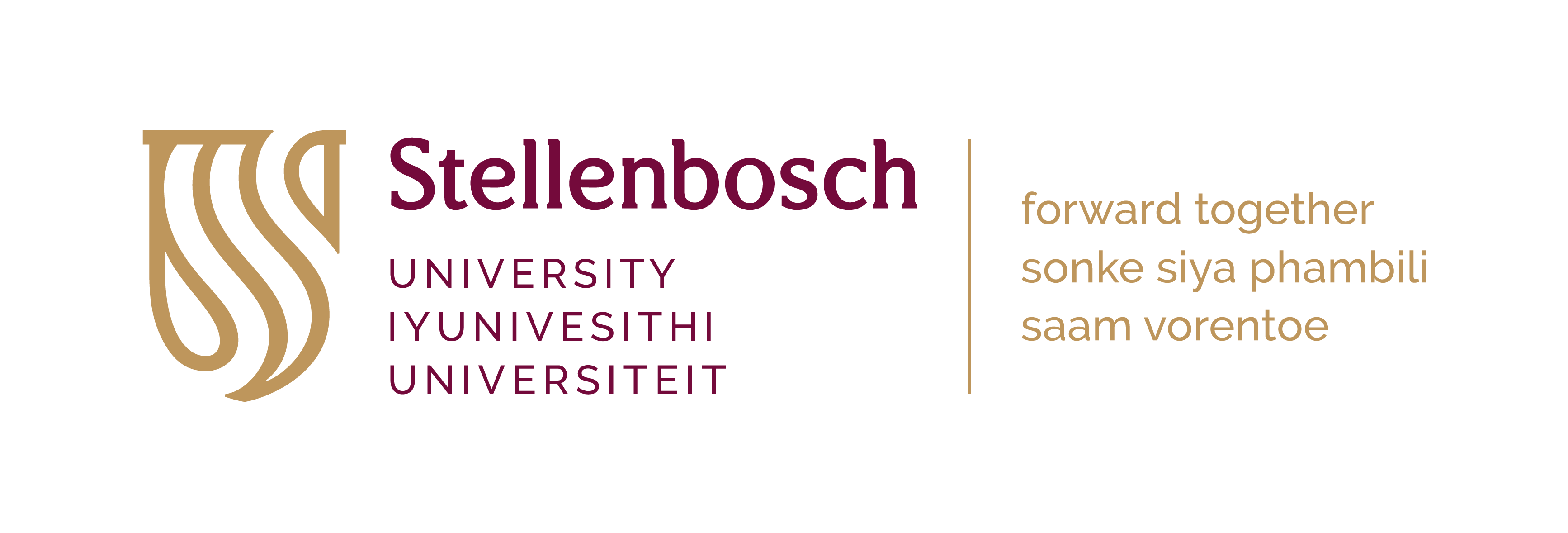[:en]In April and May 2025, the Social Impact Task Team (SITT) proudly hosted two impactful stem cell donor recruitment drives in collaboration with DKMS Africa, furthering our commitment to social outreach and the broader cause of public good. These drives were not just about science—they were about solidarity, humanity, and hope.
11 April 2025 – Save Baby Leo
Our first donor drive, held on 11 April, was part of the heart-wrenching yet hopeful #SaveBabyLeo campaign. Baby Leo, an eight-month-old diagnosed with MECOM-associated syndrome—a rare genetic disorder that prevents his bone marrow from producing blood cells—urgently needs a stem cell transplant to survive. Our goal was to recruit 50 potential donors, and thanks to the incredible support of our community, we exceeded this with over 60 sign-ups. Each one of these new donors could be the life-saving match Leo desperately needs—or the answer to hope for someone else in the world facing a similar battle. The success of this drive is a testament to the power of collective action and the importance of responding with empathy and urgency when our communities call for help.
28 May 2025 – World Blood Cancer Day
Our second drive, held on 28 May in honour of World Blood Cancer Day, aligned with DKMS’s global slogan: “We Delete Blood Cancer.” This drive took place at the Tygerberg campus student centre and was aimed more broadly at the student community. While we had hoped for greater numbers, we still successfully recruited 22 new donors—and we know that every single sign-up matters. Each new donor expands the global registry and brings renewed hope to patients waiting for a match, reinforcing that no contribution is too small in the fight against blood cancers and disorders.
These initiatives are deeply rooted in our social outreach portfolio, where we as clinical researchers and scientists step forward—not for research outputs, grants, or accolades—but simply because it’s the right thing to do. This work allows us to build trust, demonstrate solidarity, and deepen our relationship with the communities we serve and work among.
Too often, science feels distant. Yet, the stem cell drives allowed us to reverse the roles: rather than collecting samples from patients for our work, we gave our time—and our own samples—for the benefit of others. It was a moment to humanise science, to step away from the lab bench, and to stand as people first, researchers second.
Join the Cause
We are proud to have partnered with DKMS and continue to support their mission. If you are between the ages of 18 and 55 and in good general health, you can become a potential life-saver by signing up on their website: www.dkms-africa.org.
Together, we can change the narrative—not just of science, but of what it means to be part of a caring, responsive, and responsible scientific community.[:]
